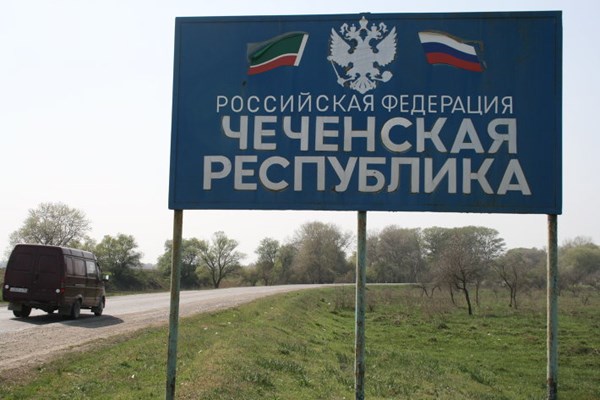Media: Over a hundred homosexual men detained in Russia’s Republic of Chechnya
More than a hundred men suspected of homosexuality were detained in Chechnya in recent weeks. Some of them have been killed, reports Novaya Gazeta.
Among the detainees are representatives of the Chechen muftiate, including prominent, influential and religious leaders close to the head of the republic, as well as two well-known Chechen TV personalities.
According to the publication, the information is confirmed by "an unprecedentedly large number of sources," including local LGBT activists, as well as sources in the republican administration of the FSB, the Ministry of Internal Affairs, the Prosecutor's Office and the administration of the Head of the Republic. That said, the wave of detentions is being called "preventive cleansing", connected with the intentions of LGBT activists from other regions to conduct actions in several cities of the North Caucasus.
The newspaper reports that it has data on three deaths, but its sources say that there are many more victims.
RBC news agency asked the head of the Press Service of the Head of the Chechen Republic, Ramzan Kadyrov, as well as the Ministry of Internal Affairs of Chechnya, to comment on the publication. A spokesman for the head of Chechnya, Alvi Karimov, said that it was his ”first time hearing" about the persecution and homicide of homosexuals that Novaya Gazeta wrote about, and the police officials suggested that it was an "April Fool's joke."
Karimov later said to Interfax news agency that it is impossible "to oppress someone who simply does not exist in the Republic. The publication that has appeared is an absolute lie," he said.
He called the article in the publication "an attempt to blacken the Chechen Republic". "I responsibly declare that this newspaper material is a lie and misinformation," the spokesman for the Chechen leader said. "If there were such people in Chechnya, the law enforcement agencies would not have any worries with them, because relatives themselves would send them to a place from which they would not return."
